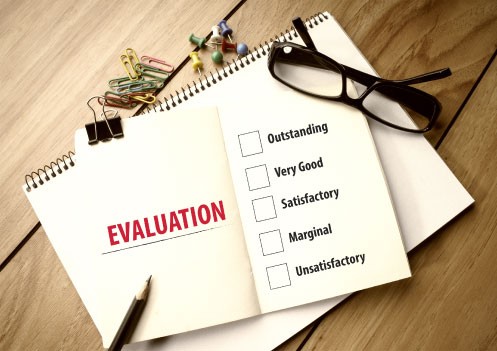More than 50% of Americans gave themselves a personal finance grade of A or B in a recent survey. I sure hope you are making the grade, but in the same Equifax survey there were some disturbing facts.
Emergency Fund: Just half of respondents say they have at least three months of living costs. That means an even smaller percentage have the eight months of living costs I insist is the only way to be safe, and not sorry.
How to raise your grade: If you don’t already, sign up for automatic savings at your bank. Have a set amount transferred from your checking account to your savings account. If you already do this, add $25 to the monthly transfer. Push yourself to do this. I am confident you have what it takes to trim your spending so you can afford to save more. Then in three months, increase it another $25. And keep increasing the amount every few months. Oftentimes, the trick to sticking with a goal is to break it down into manageable tasks. Saving $25 more a month may be easier to do than saying you intend to increase your monthly savings by $100 or more.
Retirement:The percentage of people who said they are not saving for retirement increased from 29% to 35%. Please do not kid yourself that you will just never retire, or that Social Security will be enough. It won’t!
How to raise your grade. One of the reasons we sometimes find it so hard to save for retirement is that we don’t really think about being older. We tend to view our 75 and 85 year old future self as a total stranger, and thus we’re not motivated to take actions that are kind to that older stranger. Here’s your homework: Spend 15 minutes writing a letter to your 75 or 85 year old self. Share what you hope to be doing then, what your dreams are, who you want to be. Researchers are finding that when we make the effort to connect to our older selves it can be terrific motivation to want to save, and save more for our retirement.
Credit Score. 70% of survey participants correctly said that the size of your credit card balances and other loans impacts your credit score. I am not impressed. That should be closer to 100%. Your credit score impacts so much of your financial life, it concerns me that 30% of people aren’t aware of the importance your debt has on your credit score.
How to raise your grade: There are two major factors that have the biggest impact on your credit score. Paying your bills on time –even the minimum payment on a credit card—determines 35% of your FICO score. Another 30% of your credit score is based on a calculation of your debt-to-credit ratio: the combined value of your credit card balances as a percentage of the total credit limit on all your cards. The lower the better. The other factors—how long you have had credit cards, whether you have taken out new loans recently, are important, but less so. Be laser-focused on keeping your balances low and you will be in solid credit score shape.
Top Resources for You

The Ultimate Retirement
Guide for 50+
Learn More

MUST HAVE® Documents
Online Program
Learn More







